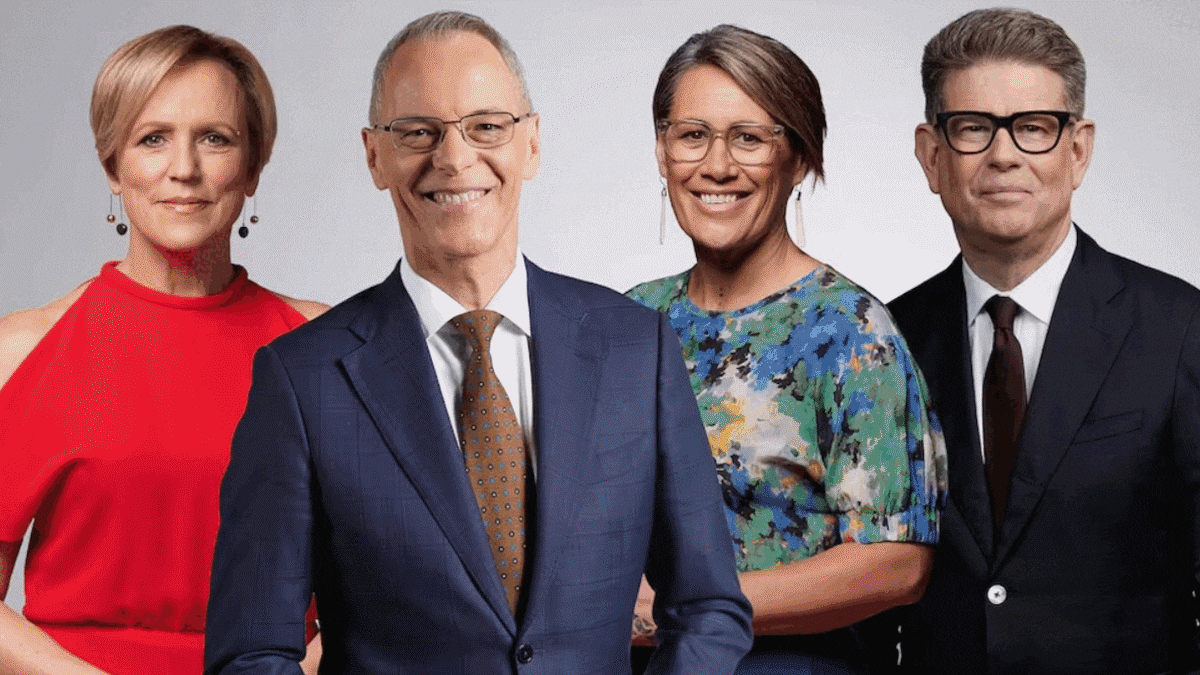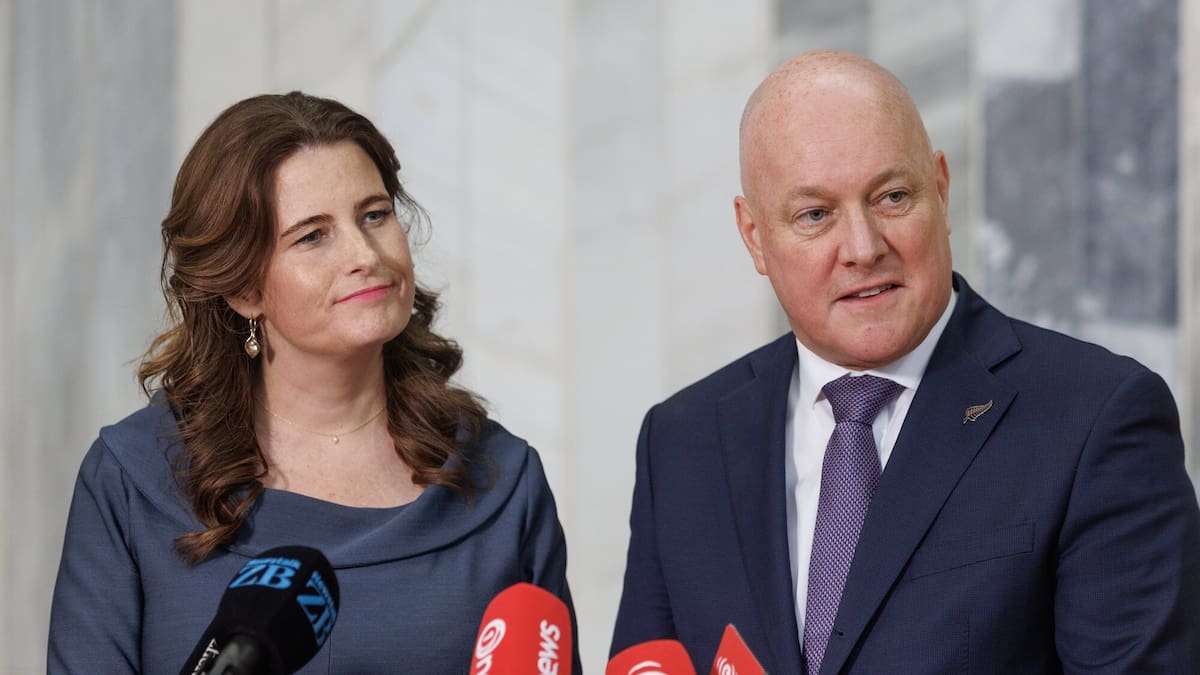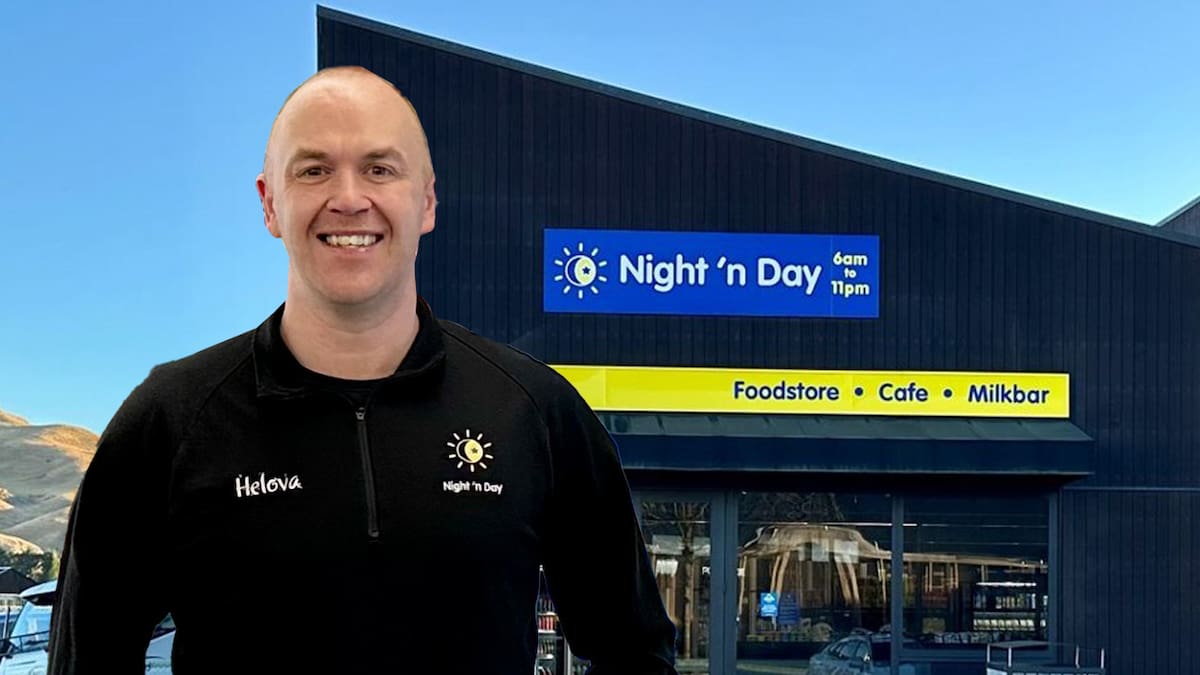TVNZ commissioned the independent review of its news – checking for balance and bias – following Government pressure on the state broadcaster to improve its trust levels.
Former ABC Australia and SBS executive Alan Sunderland conducted the review, monitoring TVNZ’s news coverage over the course of a week.
According to TVNZ – which has provided its own summary of Sunderland’s report along with three “key extracts” – the purpose of the review “was to assess if TVNZ news adhered to its impartiality standards outlined in its editorial policies, with a view that the findings would inform a training programme for news teams”.
“The review took place over a seven-day period,” says TVNZ’s own summary.
“To maintain integrity, employees were not notified in advance of the review timing. A broad cross-section of news coverage was reviewed. Content from other news organisations in market was also reviewed to provide a comparison of editorial decision-making.
“Political news stories and stories of national and international significance were a key focus of the review.”
TVNZ has so far declined to release a copy of the review, but in its own executive summary, it states: “Sunderland’s review did not find evidence of systemic bias or lack of impartiality in 1News’ reporting”.
“Minor technical or editorial issues worthy of further internal discussion were identified to support adherence to 1News’ impartiality standards.”
TVNZ said the review was conducted remotely and Sunderland did not approach editorial staff or TVNZ management “to seek input, advice or explanations for any editorial choices”.
“The review only considered and assessed the news content as published/broadcast, from the perspective of an average, reasonable viewer, listener or reader.”
‘Key extracts’
The broadcaster released three extracts from the review, which it described as “key”:
“The story selection and the treatment of those stories demonstrate sound news values and a firm commitment to the editorial principles of the organisation, including a commitment to impartiality. I identified no major stories run by other mainstream news organisations that were ignored, underplayed or overplayed by TVNZ in its coverage.”
“As a whole, the stories I reviewed were accurate and properly contextualised, and where the issues were controversial and/or of significant public importance, care was generally taken to ensure all relevant viewpoints were appropriately represented. I did not see evidence of any personal, sectional or organisational interests improperly influencing the news reporting, nor did I see any evidence of opinion and facts being confused with each other.”
“Finally, I did not consider that any particular perspectives in stories were favoured over others. Inevitably, when looking closely at a week’s coverage of a range of significant stories, I have identified some areas worthy of discussion. In some cases, those areas for discussion represent potential minor breaches, risk areas to note or suggestions for potential improvement. In other cases, they are simply matters to consider when looking at best practice in managing editorial performance and ensuring impartiality and diversity of perspectives.”
TVNZ – which said it was pleased with the findings – has declined to release a copy of the full review following a request from the NZ Herald.
And last night, the Herald received a response from TVNZ’s “official information requests team”, outlining three reasons under the Official Informatio Act why the request was declined.
Firstly, it said, to protect the privacy of people named in the report; secondly, to “maintain the effective conduct of public affairs through the free and frank expression of opinions by members of an organisation in the course of their duty”; and thirdly, to allow TVNZ ”to carry out, without prejudice or disadvantage, commercial activities”.

The Herald will be appealing this decision with the Ombudsman.
Earlier this year, the Government told TVNZ it expected it “to play a stronger role as a national broadcaster, strengthening its own performance in earning trust”.
It also comes as politicians become a lot more direct in their targeting of media who they don’t think give them a fair go – recent examples include NZ First leader Winston Peters with RNZ’s Corin Dann and Labour leader Chris Hipkins with NZME.
Act leader David Seymour brought his own camera operator to a recent interview with TVNZ’s John Campbell, and uploaded the full footage to YouTube.

Terms of reference
TVNZ said Sunderland’s review examined several areas:
- Has TVNZ demonstrated due impartiality in relation to its story choice in the news coverage?;
- Has TVNZ demonstrated due impartiality in its treatment of the stories of the day?;
- Have the principal relevant views on key issues been appropriately represented?;
- Have matters of fact and matters of opinion been clearly distinguished?;
- Is there any evidence that personal, organisational or external views have influenced the gathering and presentation of news?
- Have any issues, stories or events been overrepresented or underrepresented in TVNZ coverage, when compared with other mainstream news coverage?
TVNZ said it “values the opportunity to have an external and independent analysis of our news programming, and we were pleased with the outcome of the review”.
“Sunderland’s feedback has been provided to TVNZ’s news teams and will form part of an annual training programme for editorial staff, which will commence in FY26 H1.”
Editor-at-Large Shayne Currie is one of New Zealand’s most experienced senior journalists and media leaders. He has held executive and senior editorial roles at NZME including Managing Editor, NZ Herald Editor and Herald on Sunday Editor and has a small shareholding in NZME.






